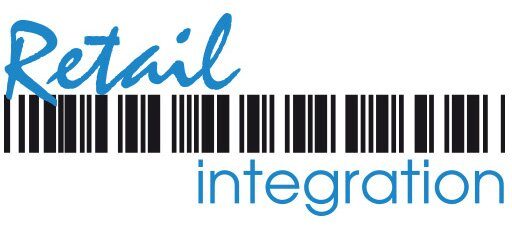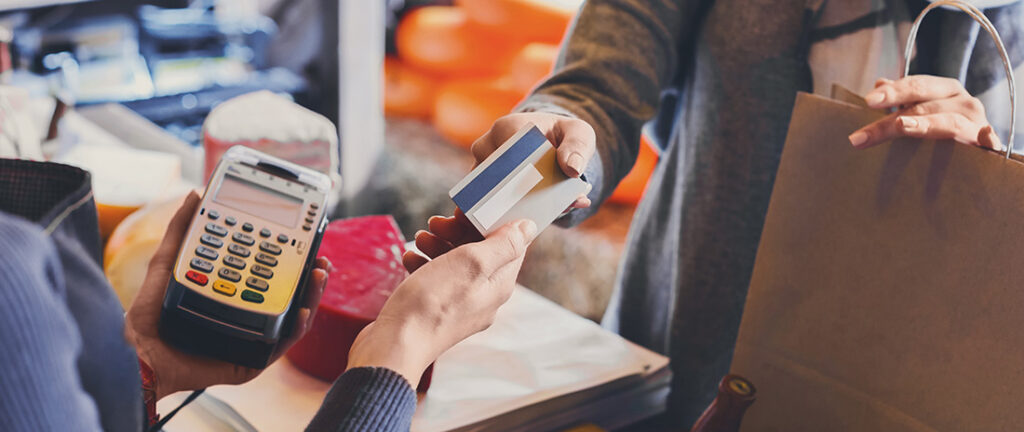While there is no doubt that the Pandemic has had a significant impact on the world of retail – it has been called ‘The Great Reset’ – the reality is that the lockdown has in many cases only accelerated changes in consumer behaviours and retail trends that had already begun. The consensus is that there is no return to the world of pre-Covid, and that businesses are going to have to adapt, to not only the changes that have taken place, but to a more dynamic environment.
Some of the changes that have begun to take place in the last 12-18 months include:
Mindful marketing – We have all received a rude awakening in terms of the fragility of our society and our collective mental wellbeing, and how easily they can be disrupted. Together with the increasing importance of demonstrating sustainability in your message and your actions, businesses will need to be increasingly sensitive in how they position and communicate their brands to their customers.
The blurring of the edges between online and instore retail – Prompted by shuttered retail, consumer buying methods have, out of necessity, jumped to online. However the physical retail presence remains centrally important to the full customer journey; people are still browsing instore and buying online, or buying instore and taking advantage of Covid-inspired innovations in click&collect or home delivery (the Endless Aisle’ concept). Ultimately, retailers need to develop a seamlessly integrated retail offering with the customer at its centre. This in turn will open the way for future developments such as virtual fitting rooms and Augmented Reality displays.
Contactless technology – The 2 metre social distance space imposed by Covid has prompted retailers to look for alternatives to traditional queuing and payment practices. The use of technology such as mobile and contactless payments, and self-scanning tills have proven to be popular with customers and have helped increase the throughput and efficiency in shops.
Supply Chain Management – All businesses have struggled with maintaining working supply chains during Covid (not to mention the impact of Brexit). This is forcing retailers to invest in analytics and data management capabilities to better understand and predict demand, as well as managing the relationship with suppliers. The upside of this is that retailers will be able to deploy these insights to become leaner and more efficient in inventory management and fulfilment.
Social media engagement – The physical distancing and absence of footfall in our streets has made it increasingly important to understand the digital channels your customers inhabit, and how they get their content. Social Media has played an important role in keeping people in touch in the last year and will remain an important part of many peoples lifestyle. Every retailer, big or small, can easily develop a social media strategy that connects them to their target audience.
The importance of having a robust IT infrastructure – As social commentators are fond of saying, the only constant is change, and whether it is Covid or Brexit, GDPR or social media, or even the recent cyber-attack on the HSE, it is clear that disruption and change will be the way of the future. That is why it is so important to have a future-proof and robust IT infrastructure that can evolve as your customers’ behaviours change, and to give the retailer peace of mind that their business can withstand any impacts.
What does all of this mean for the Retailer?
Pat Heslin, Managing Director of Retail Integration, says while it would be completely understandable for retailers to see the above and worry for their futures, the reality is that these developments offer fantastic opportunities for retailers to engage with their customers and become more efficient at what they do. I believe retailers need to,
- Understand the entire customer journey – from searching for your product to visiting your website to purchasing and returning.
- Focus on the payment process, making it easy, and linking it to rewards and loyalty.
- Drive integration across the range of operations – from suppliers to fulfilment and handling returns.
We can help – contact Retail Integration to find out how we can help you develop your future retail capabilities instore and online.



